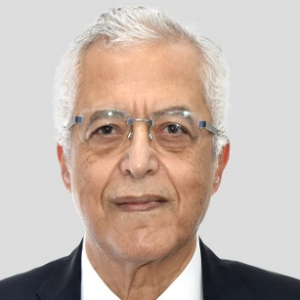Epsilon Cells
Epsilon cells are a type of specialized cells found in the islets of Langerhans within the pancreas. These cells play a crucial role in regulating blood glucose levels and are specifically responsible for producing the hormone ghrelin. Ghrelin is known for its appetite-stimulating effects and plays a role in the complex mechanisms of hunger and satiety. The discovery of epsilon cells has provided valuable insights into the intricate network of hormonal regulation in the body. While alpha cells produce glucagon and beta cells produce insulin, epsilon cells add another layer to this intricate system by releasing ghrelin. Ghrelin not only influences appetite but also affects energy balance and metabolism. Research on epsilon cells has expanded our understanding of diabetes and metabolic disorders, as these cells contribute to the overall hormonal milieu that governs glucose homeostasis. The interplay between epsilon cells and other pancreatic cell types is essential for maintaining a delicate balance in the body's energy regulation. Furthermore, epsilon cells have become a focal point in exploring potential therapeutic interventions for metabolic diseases. Understanding the role of ghrelin and epsilon cells could lead to the development of targeted therapies aimed at modulating appetite and improving metabolic health. In summary, epsilon cells represent a crucial component of the pancreatic islets, contributing to the complex orchestration of hormonal signals that regulate appetite, energy balance, and glucose metabolism in the human body. Ongoing research in this field holds promise for uncovering novel strategies to manage metabolic disorders and improve overall health.

Nagy Habib
Imperial College London, United Kingdom
Lucie Bacakova
Institute of Physiology of the Czech Academy of Sciences, Czech Republic



Title : AI-integrated high-throughput tissue-chip for space-based biomanufacturing applications
Kunal Mitra, Florida Tech, United States
Title : Stem cell technologies to integrate biodesign related tissue engineering within the frame of cell based regenerative medicine: towards the preventive therapeutic and rehabilitative resources and benefits
Sergey Suchkov, N.D. Zelinskii Institute for Organic Chemistry of the Russian Academy of Sciences, Russian Federation
Title : In vitro evaluation of lyophilized Dedifferentiated Fat cells (DFAT) impregnated artificial dermis
Kazutaka Soejima, Nihon University, School of Medicine, Japan
Title :
Nagy Habib, Imperial College London, United Kingdom
Title :
Alexander Seifalian, Nanotechnology & Regenerative Medicine Commercialisation Centre, United Kingdom
Title : The regenerative medicine of the future
Marco Polettini, DVM, Italy